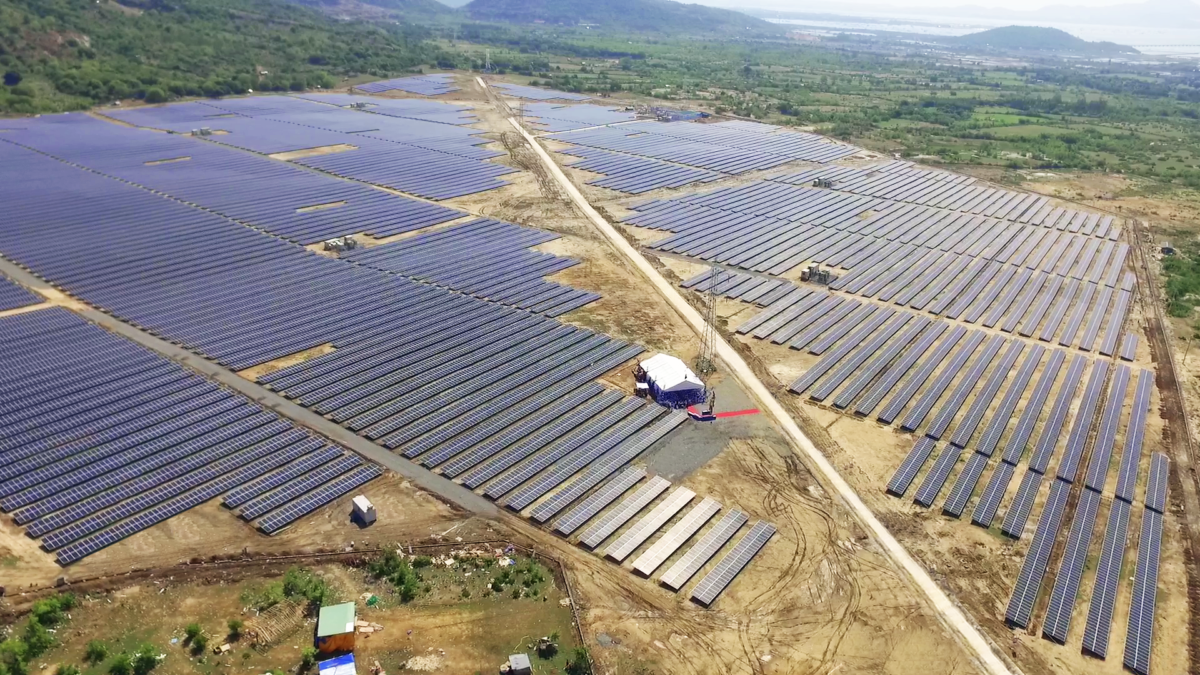India and Vietnam have signed a Memorandum of Understanding (MoU) to promote the exchange of knowledge, best practices, and information between the two countries and to explore new business opportunities in the field of solar energy.
This MoU was signed between Pranav R. Mehta, Chairman of National Solar Energy Federation of India (NSEFI), and Dao Du Duong, President of Vietnam Clean Energy Association (CEA Vietnam), on the sidelines of India-Vietnam Virtual Summit.
The virtual Summit was co-chaired by Prime Minister of India Narendra Modi and Prime Minister of Vietnam Nguyen Xuan Phuc.
Speaking on this occasion, NSEFI Chairman Pranav R Mehta said, “In line with prime minister Narendra Modi’s vision of Look East Policy, at NSEFI we aim to bridge the gap between Indian and Vietnamese solar companies, accelerate trade relations, facilitate exchange of knowledge and best practices.”
The Vietnamese market
Vietnam has now effectively overtaken Thailand as the largest solar market in Southeast Asia in terms of installed solar operational capacity, with more than 6,314 MW installed up to September 2020, reported a pv magazine article.
However, the development process for ground-mounted utility-scale solar projects in Vietnam is laborious, time-consuming, expensive, and still largely difficult to navigate for foreign developers without entering a strategic partnership with a local Vietnamese counterpart.
This content is protected by copyright and may not be reused. If you want to cooperate with us and would like to reuse some of our content, please contact: editors@pv-magazine.com.









1 comment
By submitting this form you agree to pv magazine using your data for the purposes of publishing your comment.
Your personal data will only be disclosed or otherwise transmitted to third parties for the purposes of spam filtering or if this is necessary for technical maintenance of the website. Any other transfer to third parties will not take place unless this is justified on the basis of applicable data protection regulations or if pv magazine is legally obliged to do so.
You may revoke this consent at any time with effect for the future, in which case your personal data will be deleted immediately. Otherwise, your data will be deleted if pv magazine has processed your request or the purpose of data storage is fulfilled.
Further information on data privacy can be found in our Data Protection Policy.